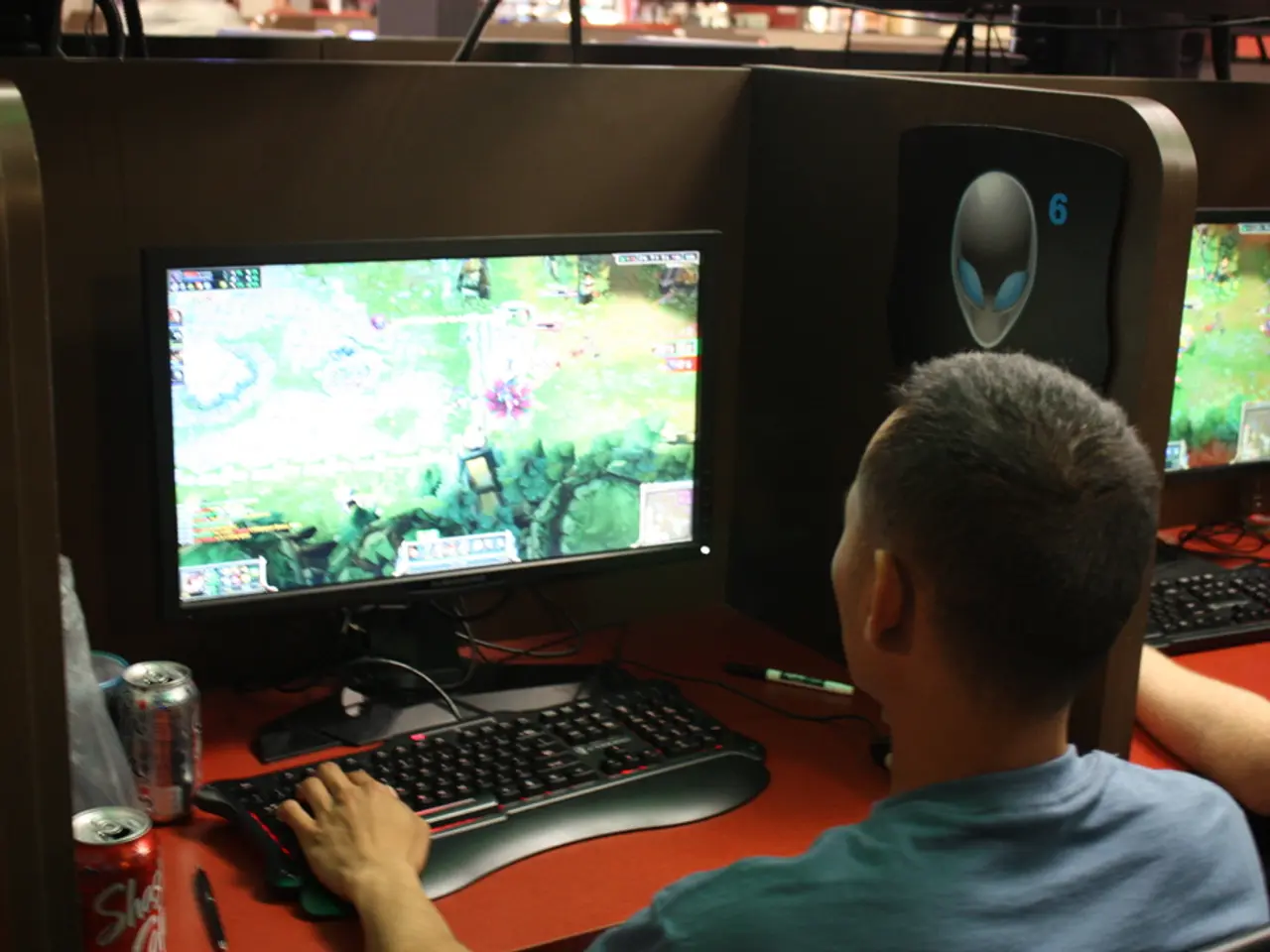Layoffs in the Gaming Sector: Explanation, Motives, and Predicted Timeline for Recovery
In the world of video games, a storm has been brewing for some time now. Thousands of creatives are finding themselves unexpectedly made redundant, with no warning in their hundreds (1). This unsettling trend has been particularly prevalent in the game development sector, where roughly 1 in 10 developers have been laid off in the last couple of years (2).
Despite the gaming industry boasting an annual revenue of around $184 billion (3), the sector has been grappling with financial pressures. Changes in user behavior and business models like subscription services, such as Xbox Game Pass, have been putting pressure on studios and reducing developers' earnings, leading to studio closures and job cuts (4).
The quality of games may be impacted by these layoffs, as entire teams are being dismissed mid-project, leaving less time, money, and pressure on the remaining team members (5). This has led to concerns about the future of gaming and the potential for a decline in the quality of games being released.
The industry's current state is not a new phenomenon, and it's not an isolated incident where people are treated with so little compassion and understanding (6). However, there is hope on the horizon, as industry experts like Darren from GamesJobsDirect believe that the layoffs are not yet over but that the industry will eventually stabilize due to the high quality of the talent pool and the emergence of new studios and projects (7).
Darren also suggests that when the industry stabilizes, there may be changes in labor rights and job security for games studios (8). This is particularly important, as many of the affected workers have been senior writers, designers, artists, and have worked on some of the biggest games in Gaming, such as the Assassin's Creed Series, The Sims, and Fall Guys (9).
The pandemic in 2020 caused a boom in gaming due to increased demand and people investing in games for the first time or upgrading their consoles (10). However, by the start of 2023, it was clear that there was a drop off in interest in gaming, causing companies to lay off entire teams, delay games, and put projects into indefinite hiatus (11).
Many studios have cited that they're readjusting their 'strategic priorities' and 'restructuring' as reasons for the layoffs (12). This has led to a loss of the community feel and a decrease in developer confidence within the industry (13).
Despite these challenges, there are signs of hope. The summer Game Fest 2024 showcased the most exciting new games coming in the rest of 2024 and early 2025 (14). Additionally, Activision Blizzard may be making a comeback, although the year 2023 has been challenging for the gaming industry due to various reasons, including numerous layoffs (15).
Darren and GamesJobsDirect aim to support developers and connect them with opportunities, emphasizing the importance of the human side in the industry (16). They are working to ensure that the gaming industry, despite its community-focused reputation, prioritizes people rather than schedules, budgets, and shareholder impact (17).
Recently, the cost of milking video game titles has come under scrutiny, with games like Persona 3: Reload and the upcoming SMTV: Vengeance sparking a debate about whether these remastered games are worth buying at launch (18). This raises questions about the future of the gaming industry and the need for a more sustainable and fair approach to game development.
In 2024, 14,600 people were made redundant as part of mass layoffs, and another 10,000 the year before, in 2023 (19). However, in 2025, around 4000 workers in the games industry have been laid off, which is down from the previous two years (20). This suggests that the industry may be starting to stabilize, and there is hope that the future of gaming will be brighter for both developers and gamers alike.








